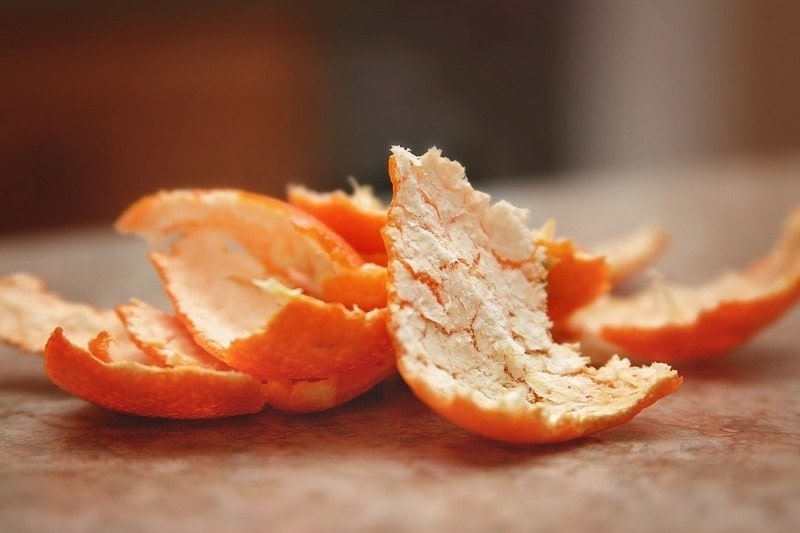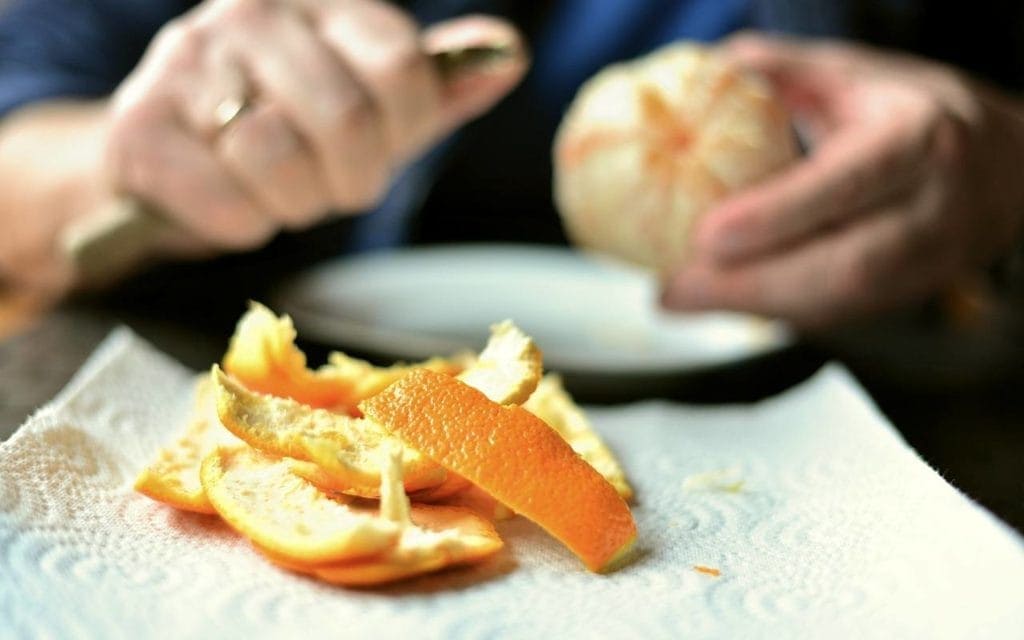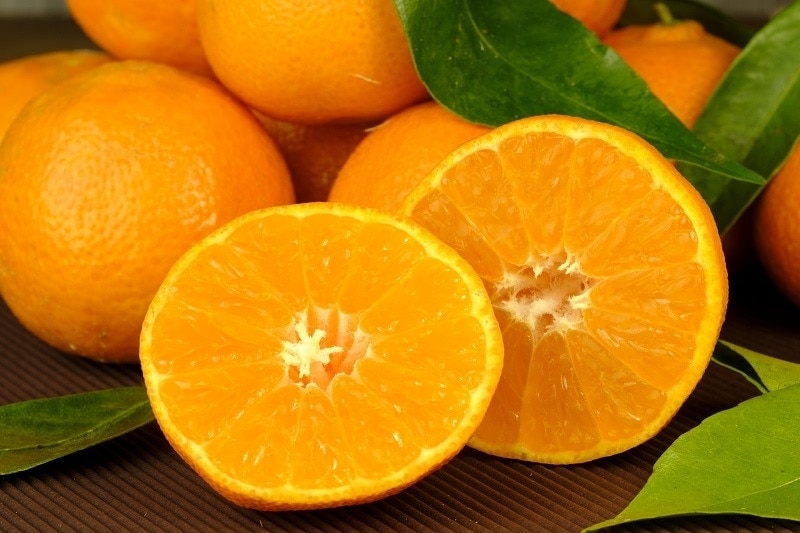Can You Compost Orange Peels? What You Need To Know!
-
Pete Ortiz
- Last updated:

Although many of us have been discouraged from placing orange peels in compost in the past, citrus peels can actually make a beneficial addition to a compost bin. As the peel breaks down, it releases essential components into the compost, although you are advised to cut the peel into smaller pieces before using it in this way because it can take too long to break down.
It is also worth bearing in mind that too much citrus peel could cause an imbalance, so limit the amount of orange peel you add and try to combine it with brown matter to ensure a healthy compost pile.
Many years ago, gardeners and composters were discouraged from adding citrus peel to compost. At the time, it was said that the chemicals in citrus fruits would kill or discourage earthworms and other essential bugs. It was also said that the fruit was too acidic and would not make good composting material or that fruits like oranges take too long to break down. In fact, there were many supposed reasons to avoid citrus.
Ensuring a Good Mix
One of the reasons that we were told not to put citrus in compost was because it supposedly takes too long to break down. This is true if the compost contained nothing but citrus or orange peel made up the majority of the compost mix. However, this would likely be true of any individual item.
Cutting the peel into smaller pieces exposes more surface area to the microbes that break organic material down.
Citrus peel, and other parts of citrus plants and fruits, are considered greens. When composting, you should balance greens and browns. Offset the green of the orange peel with the browns of paper, cardboard, straw, and the prunings from your garden.

Earthworms
Earthworms are an essential component of most compost piles and bins. They eat the food in the compost, and it passes through them before being passed out as worm compost, also called vermicompost.
Worms are not part of the early composting process and will usually appear once the contents start to break down. In fact, the heat of relatively new compost will likely prove too high for regular earthworms, so they won’t join in until the early decomposition has begun. By this time, there is very little of the citrus component left in the orange peel. Earthworms do like variety in their diet, though, which is another good reason to ensure that you have a good mix of greens and browns.
Chemical Treatments
Another concern that causes home composters to avoid orange peel is because of the chemicals that are used to protect citrus fruits and prevent bacteria and mold.
In reality, unless you buy and consume organic fruit and vegetables, most fresh produce undergoes similar chemical treatment. Either buy organic or ensure that the rind and peel are thoroughly rinsed before composting. If you don’t rinse the peel, however, the microbes in your compost will do the job for you.
Acidic Oranges
Oranges are mildly acidic, but this is true of a lot of fruit and vegetables that we put in compost on a daily basis. What’s more, the content of your compost bin changes from mildly acidic to mildly alkaline at various stages of decomposition. Adding acidic orange peel will not cause any major imbalance unless it makes up the bulk of the ingredients.

Other Home Waste You Can Add to Compost
A healthy compost needs a combination of greens, which are nitrogen-rich and tend to be softer, and browns, which tend to be carbon-rich and woody. Examples include:
- Weeds
- Fruit and vegetables
- Flower heads
- Tree cuttings and garden trimmings
- Paper
- Cardboard
- Straw
Tips for Top Compost
1. Get the Balance Right
Getting the balance right really is important, and you can judge the type of components to add primarily by how wet or dry the compost is. If your compost is very damp or mold is forming, add more brown items. If your compost is too dry, add more greens. Add some eggshells, too, because of the minerals and vitamins that they contain. The key to good compost is balance.
2. Avoid the Wrong Compost Ingredients
As well as ensuring you are adding the right items, you also need to avoid the bad items. Never add meat or dairy to a compost pile. Avoid perennial weeds, and do not include dog, cat, or baby poo. Also, do not add any ingredients that are inorganic and won’t break down.
3. Get Good Worms
Earthworms will do an efficient job of aiding waste material to decompose. However, they are picky about temperature and have quite exacting standards. Tiger worms and red wigglers are even more efficient, and they can survive in a wider range of temperatures. However, these types of worms may not be available in your garden, so you might have to buy some online or at a store.
Conclusion
Composting is a great way to use food waste and leftovers while also creating your own nutrient-rich fertilizer for your garden. The process does require some care when adding ingredients, though.
It’s not only OK to compost orange peel, but doing so is advantageous for your pile, as long as you add it in moderation and try to ensure that the pieces of peel are small enough that they can decompose quickly. Make sure that orange peel is combined with a good variety of other items to ensure your compost bin has the right balance.
Featured Image Credit: esudroff, Pixabay
Contents




